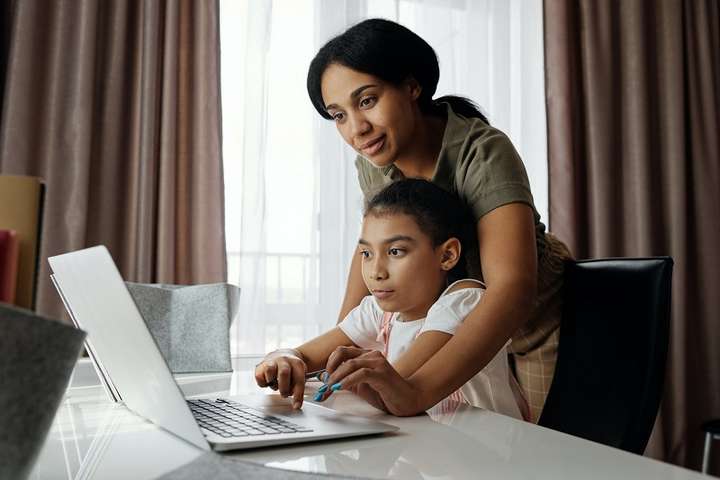Since the beginning of the Covid-19 pandemic, the world has seen a major shift towards online learning. Many colleges, universities, and even primary education schools have shifted to a semi-permanent online or online-hybrid format. Further, many parents have opted to swap over to home-schooling for good.

Recent technological advancements have made all of this and more possible, making online and home learning easier than ever. However, especially with younger children, there is still the element of excitement to consider. When kids feel trapped in the same environment for both school and play, it can be hard to keep them stimulated and excited about learning. Here are some things you can implement to keep things interesting.
Keep it Hands-On
A sure-fire way to get your kids or students interested in their lesson material is to get them directly involved. Learning through experience is far more fun and effective than simply reading through a lesson. Giving kids a first-hand, up-close experience with what they’re learning about will help them enjoy the classes and help them retain the knowledge better. If you’re learning from home, you can invest in helpful tools like chemistry experiments for kids, building blocks to use in math equations, interactive learning games, and any other hands-on type equipment that might be a good addition to your lessons.
Prioritise Movement
You’ve probably read about a hundred articles hammering on the importance of daily movement for both your physical and mental health. The same applies to kids and can be even more important in their lives! Keeping them in their seats for hours on end will make them bored and agitated, so try to incorporate some active games into their lessons. If this isn’t possible, you could try implementing timed breaks – two minutes of jumping jacks in between math problems will get the blood flowing to their brains again.
Let Them Out
A change of scenery never hurt anybody, which is why field trips at schools are such popular additions to a typical curriculum. See where a trip might be a positive benefit in your lessons – history lessons could see a trip to the museum, a natural science lesson might take you to a pond in a park, or an English lesson might involve a visit to the local library. This will give the kids something to look forward to in their home-schooling syllabus and a fun memory that will probably help them remember the information they learned.
Take Advice
This doesn’t mean that you should let your kids or students boss you around! But keep in mind that they know themselves pretty well too, and if they have some ideas or advice for how they would like their home-learning experience to feel, you should be open to considering their thoughts – and you can always compromise! Perhaps they would like to incorporate more breaks – you could counter this by making break times shorter but more frequent to give them more regular rest time for their minds.

